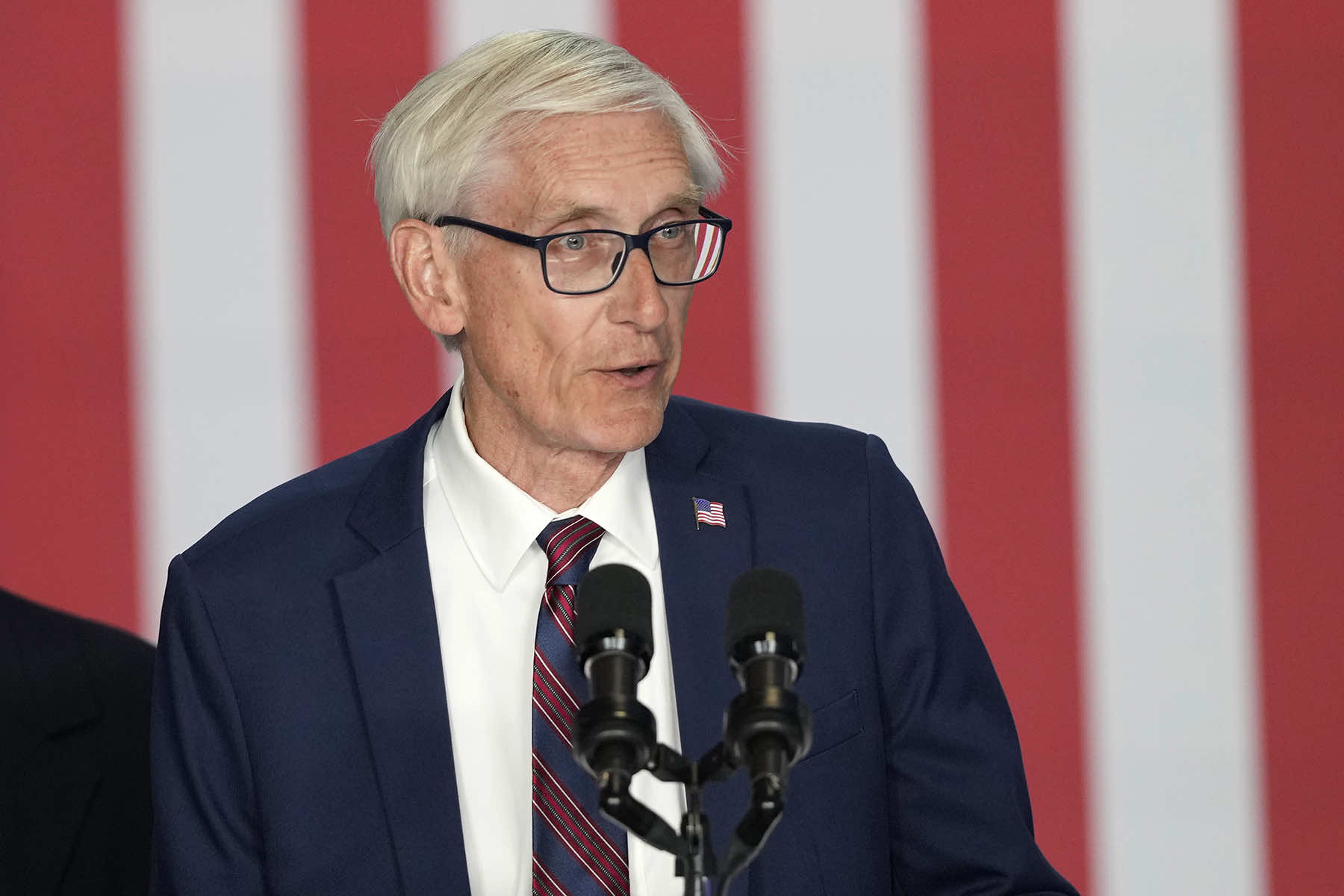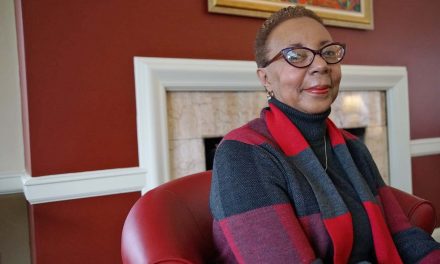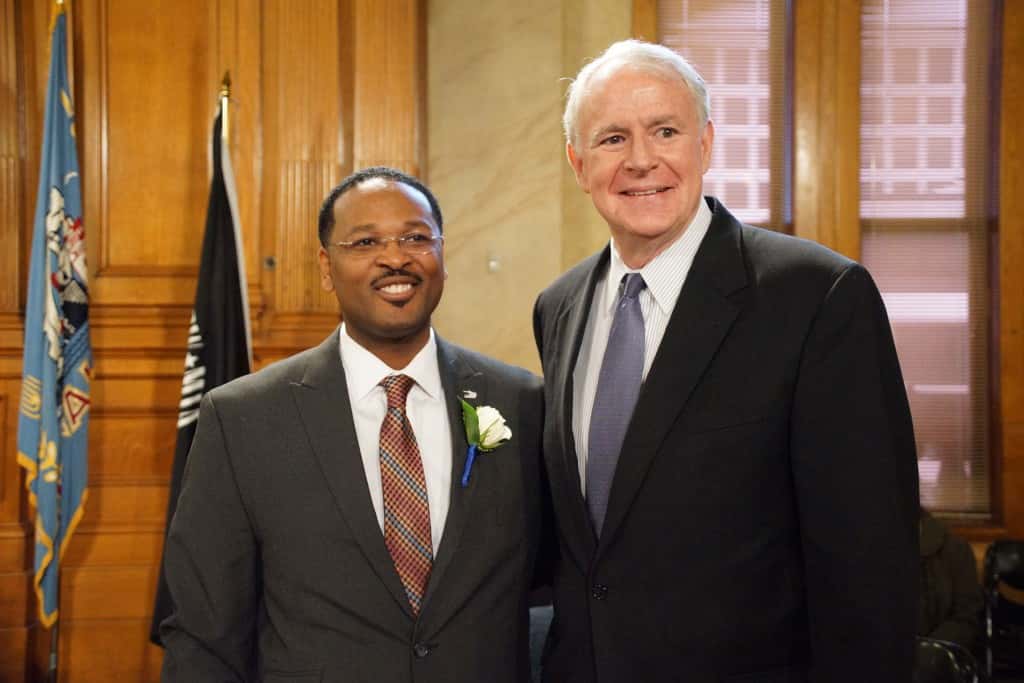
Wisconsin Republicans are asking voters to strip away the governor’s power to unilaterally spend federal money, a reaction to the billions of dollars in Federal aid that flowed into the state to help the economy during the COVID-19 pandemic.
Democratic Governor Tony Evers was unrestricted in how he spent most of the funding, directing much of it toward small businesses and economic development. Republicans argued that the Legislature they dominated should have oversight, which they intended to use to cover budget shortfalls from lowering taxes for the rich.
That proposal would happen under a pair of related constitutional amendments up for voter approval in the August 13 primary election. The changes would apply to Governor Evers and all future governors and cover any federal money to the state that comes without specific spending requirements, often in response to disasters or other emergencies.
Democrats and other opponents are mobilizing against the amendments, calling them a legislative power grab that would hamstring governors’ ability to quickly respond to a future natural disaster, economic crisis, or health emergency.
If the amendments pass, Wisconsin’s government “will become even more dysfunctional,” said Julie Keown-Bomar, executive director of Wisconsin Farmers Union. “Wisconsinites are so weary of riding the partisan crazy train, but it is crucial that we show up at the polls and vote ‘no’ on these changes as they will only make us go further off the rails.”
But Republicans and other backers say it is a necessary check on the governor’s current power, which they say is too broad.
The changes increase “accountability, efficiency, and transparency,” Republican state Sen. Howard Marklein, a co-sponsor of the initiative, said at a legislative hearing.
The two questions, which were proposed as a single amendment and then separated on the ballot, passed the GOP-controlled Legislature twice as required by law. Voter approval is needed before they would be added to the state constitution. The governor has no veto power over constitutional amendments.
Early, in-person absentee voting for the August 13 election begins on July 30 across the state and goes through August 11. Locations and times for early voting vary.
Wisconsin Republicans have increasingly turned to voters to approve constitutional amendments as a way to get around Governor Evers’ vetoes. Midway through his second term, Governor Evers has vetoed more bills than any governor in Wisconsin history.
In April, voters approved amendments to bar the use of private money to run elections and reaffirm that only election officials can work the polls. In November, an amendment on the ballot seeks to clarify that only U.S. citizens can vote in local elections.
Republicans put this question on the August primary ballot, the first time a constitutional amendment has been placed in that election where turnout is much lower than in November.
The effort to curb the governor’s spending power also comes amid ongoing fights between Republicans and Governor Evers over the extent of legislative authority. Governor Evers in July won a case in the Wisconsin Supreme Court that challenged the power the GOP-controlled Legislature’s budget committee had over conservation program spending.
Wisconsin governors were given the power to decide how to spend federal money by the Legislature in 1931, during the Great Depression, according to a report from the Legislative Reference Bureau.
It was a power that was questioned during the Great Recession in 2008, another time when the state received a large influx of federal aid.
But calls for change intensified during the COVID-19 pandemic when the federal government handed Wisconsin $5.7 billion in aid between March 2020 and June 2022 in federal coronavirus relief. Only $1.1 billion came with restrictions on how it could be spent.
Most of the money was used for small business and local government recovery grants, buying emergency health supplies and paying health care providers to offset the costs of the pandemic.
Republicans pushed for more control, but Governor Evers vetoed a GOP bill in 2021 that would have required the governor to submit a plan to the Legislature’s budget committee for approval.
One amendment specifies the Legislature cannot delegate its power to decide how money is spent. The second prohibits the governor from spending federal money without legislative approval.
If approved, the Legislature could pass rules governing how federal money would be handled. That would give them the ability to change the rules based on who is serving as governor or the purpose of the federal money.
For example, the Legislature could allow governors to spend disaster relief money with no approval, but require that other money go before lawmakers first.
Opposing the measures are voting rights groups, the Wisconsin Democratic Party and a host of other organizations, including those who fought to overturn Republican-drawn legislative maps, the League of Women Voters of Wisconsin and Wisconsin Faith Voices for Justice.
Wisconsin Manufacturers and Commerce, the state’s largest business lobbying group, and the Badger Institute, a conservative think tank, were the only groups that registered in support in the Legislature.














